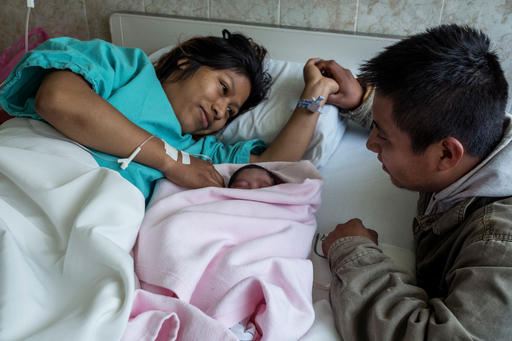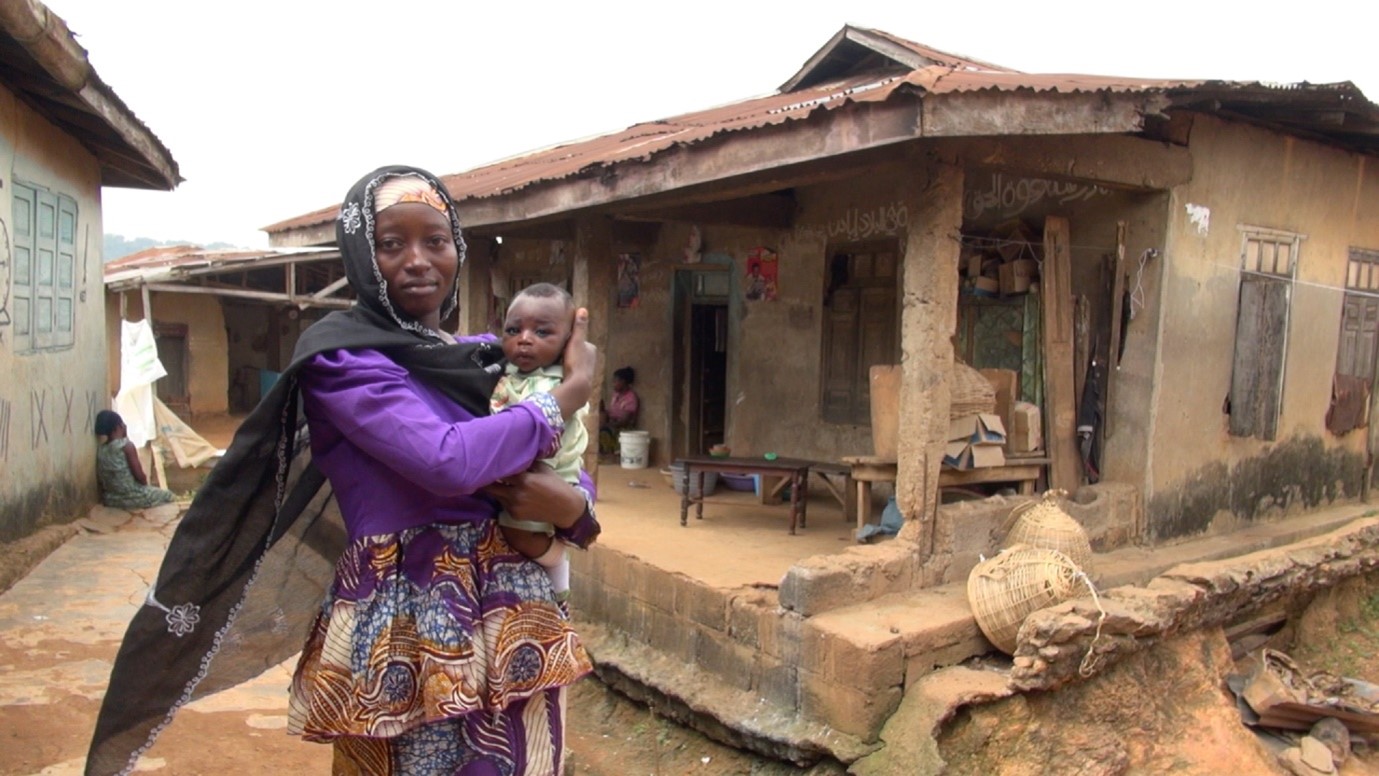The problem
Every year 14 million women hemorrhage during childbirth. Four in five of the women who die from postpartum hemorrhage – the clinical term for this tragic event – live in low- and middle-income countries. Eighty percent of deaths occur in sub-Saharan Africa and South Asia, often because women do not have access to quality prevention and treatment.
Our response
This large-scale pilot program is helping to guide scale up of three key drugs for preventing and treating postpartum hemorrhage: heat-stable carbetocin, tranexamic acid and misoprostol. These three drugs, when available and administered correctly, can significantly reduce maternal mortality in high-burden countries.
Collectively with the other projects in our postpartum hemorrhage portfolio, the AMPLI-PPHI (Accelerating Measurable Progress and Leveraging Investments for Postpartum Hemorrhage Impact) project aims to reduce maternal death, which disproportionately affects women in low- and middle-income countries, especially those who lack access to quality care due to poverty, geography or cultural barriers.
Heat-stable carbetocin
A heat-stable alternative to oxytocin, the most used medicine for preventing life-threatening bleeding in childbirth.
Misoprostol
An oral pill that reduces the risk of postpartum hemorrhage and can be self-administered to provide a level of protection to women giving birth unassisted
Tranexamic acid
An effective medicine that averts death in women who experience extreme blood loss after giving birth.
Our partner
Jhpiego, a global leader in maternal, newborn and child health, leads the AMPLI-PPHI project, supported by consortium partners PATH and the International Federation of Gynaecology and Obstetrics (FIGO).








